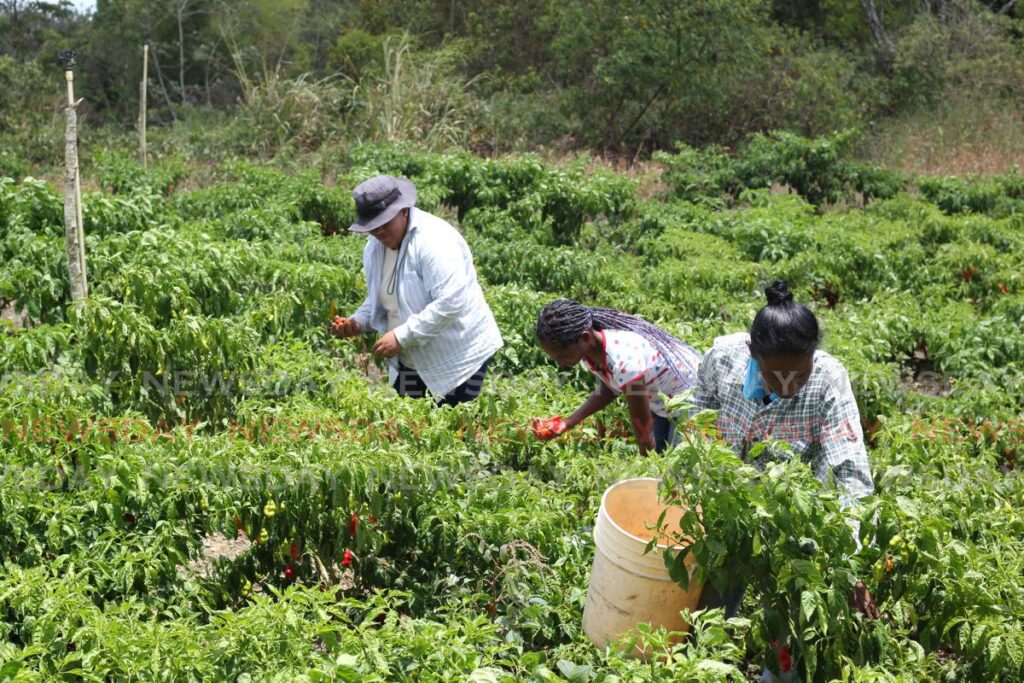Putting food and energy on the table

THE ISSUES of food security and energy were key items on the agenda at Caricom’s 43rd heads of government meeting which began on Sunday and concluded on Tuesday.
The meeting took place in the aftermath of two broader summits, one hemispheric and the other global. As noted by Caricom Secretary General Dr Carla Barnett, the results of those talks, particularly the Summit of the Americas in Los Angeles, US, have the potential to impact the social, environmental and economic aspects of our lives.
The focus on food production continued a theme set in recent months by Caricom as it seeks to advance food production.
A ministerial task force has been set up on the issue and an objective of cutting the regional food import bill by 25 per cent by 2025 has now been set. Guyana’s president Dr Irfaan Ali has been tasked with leading the initiative to boost Caricom’s food security and in March he presented a regional plan to do so at an inter-sessional conference in Belize.
As observed on Sunday by Dr Barnett, such efforts have become even more crucial given the global food crisis first triggered by supply chain difficulties, and then vastly worsened by the Russian invasion of Ukraine involving two countries that produce a significant amount of the world’s grain and wheat.
The World Food Programme estimates the ripple effects of the war could increase the number of people facing severe food insecurity by 47 million in 2022.
According to UN Secretary General Antonio Gueterres, who was in attendance at this week’s summit, this year’s food crisis is about lack of access, but next year’s crisis could be about a lack of food.
The potential for the region in agriculture is evident in the example being set by some of our close neighbours. About 25 per cent of Guatemala’s GDP comes from agriculture, while half of its workforce is employed in the sector.
The potential of the region in relation to energy was also a key theme at this week’s summit, where TT’s Prime Minister held bilateral talks with Dr Ali.
A statement from the Office of the Prime Minister indicated the talks between Dr Rowley and Ali focused on food security and energy cooperation that will benefit both countries and the wider Caricom region.
They also discussed a recently signed memorandum of understanding between TT and Guyana on agricultural matters.
Such efforts are critical now as inflation soars globally, with commodity prices in this country already on the rise. The international situation calls for plans that deal with intraregional travel and a review of tariff policies if we are truly to make regional food security a reality.
It is hoped Caricom’s focus on energy and agricultural matters results in new pathways for local businesses, not only in terms of market access but also investment opportunities and even financing support.
We must embrace regional cooperation to safeguard not only the things that sustain us, but also the stability of our economies.


Comments
"Putting food and energy on the table"